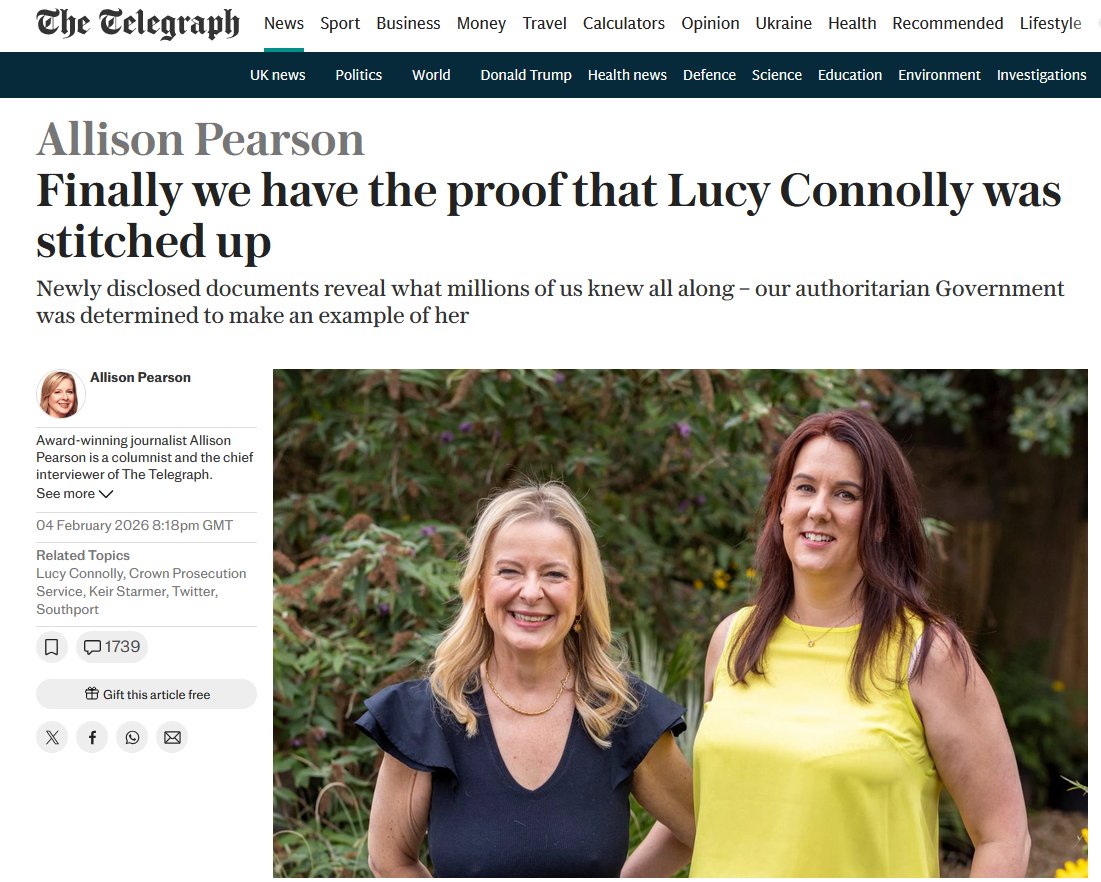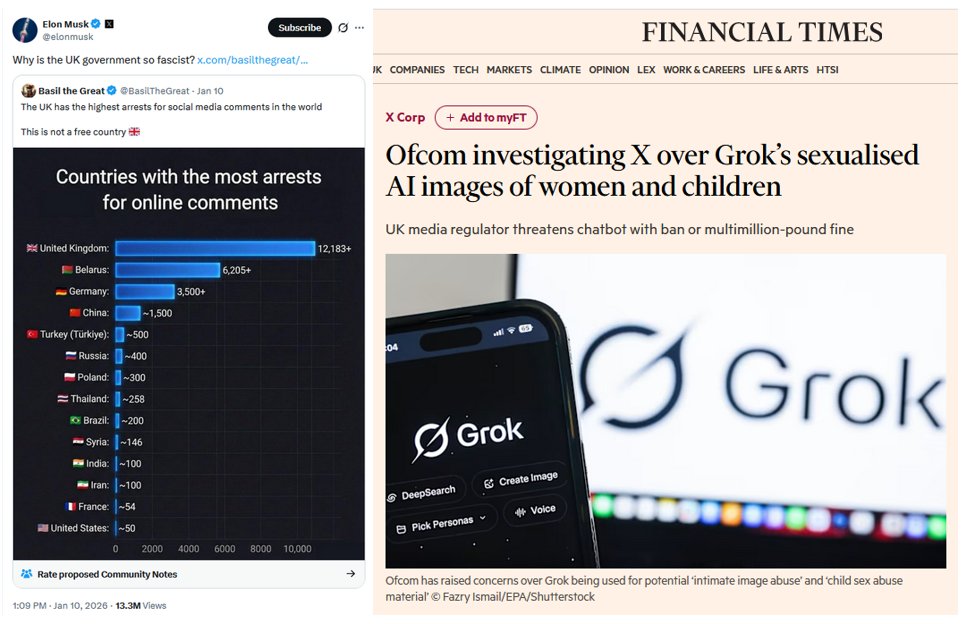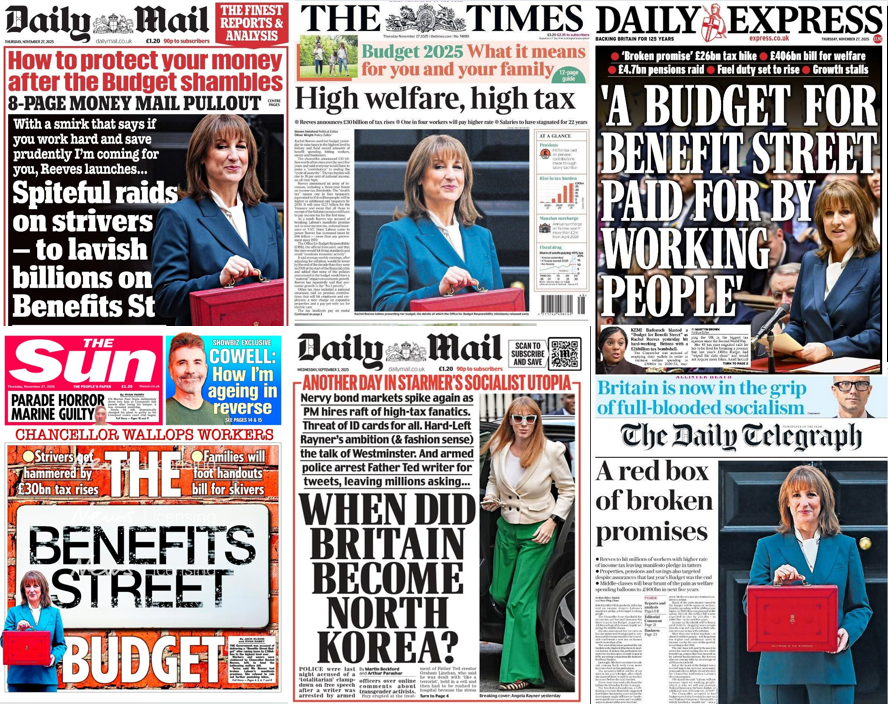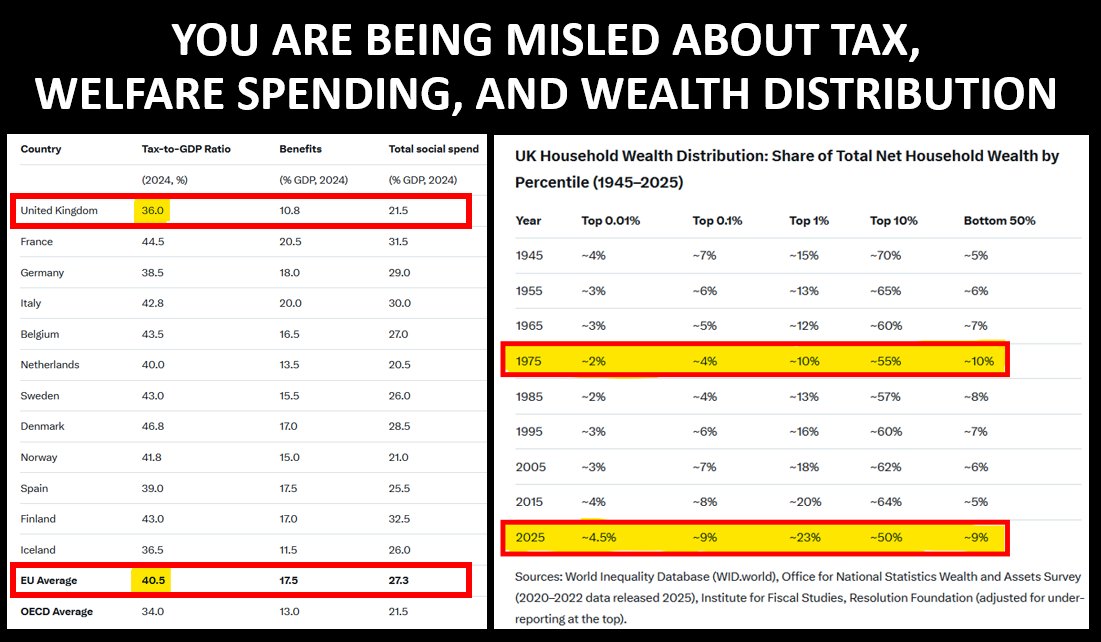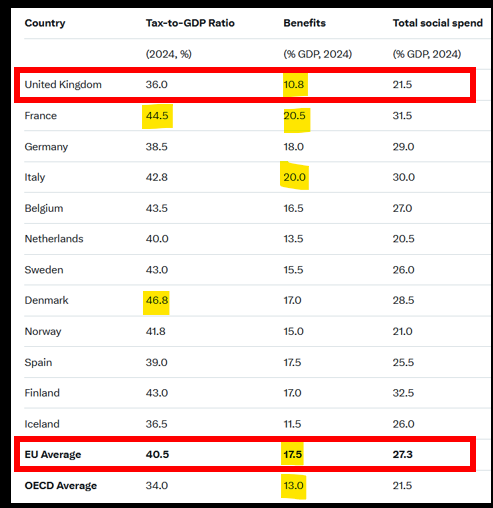#THREAD
Public sector vs private sector pay.
UK private sector pay grew almost five times as fast as public sector workers’ remuneration in the year to May.
#joinaunion
ft.com/content/d819ba…
Public sector vs private sector pay.
UK private sector pay grew almost five times as fast as public sector workers’ remuneration in the year to May.
#joinaunion
ft.com/content/d819ba…
https://twitter.com/docrussjackson/status/1477590995906838531
Real regular pay (wages adjusted for prices & bonus payments) across the board was 2.8% lower in the three months to May than in the same period of 2021 - the sixth monthly decline in a row, & the biggest drop since modern records began in 2001. 

The latest ONS figures show total pay growth of 7.2% in the private sector compared with just 1.5% in the public sector. Many unions are threatening strikes if the Govt holds pay rises below 5% for the current financial year, while inflation is above 9%.
https://twitter.com/SaulStaniforth/status/1548602888204816387?s=20&t=YOfNO7BGrAPS2ZWfOb0k9Q
Boris Johnson’s cabinet is on today (Tuesday) due to sign off on wage settlements covering 2.5 million public sector workers, in one of the most significant decisions left to be taken by his caretaker government. 

Unions representing teachers, health workers & civil servants have warned of widespread disruption if ministers approve further real-terms pay cuts for the coming year.
Today's data reveals the almost fivefold disparity between private & public sector pay growth.

Today's data reveals the almost fivefold disparity between private & public sector pay growth.


Patrick Roach, general secretary of the NASUWT teachers’ union, accused ministers of “contempt” for public sector workers. “If the government hopes that teachers’ anger will dissipate over the course of the summer break, they are wrong.”
#joinaunion
#joinaunion
https://twitter.com/docrussjackson/status/1474917538798702599?s=20&t=YOfNO7BGrAPS2ZWfOb0k9Q
The number of unfilled jobs edged up to a record of 1.294mn, although the ONS said the rate of growth in vacancies had slowed.
Growth in average weekly earnings, including bonuses, was 6.2% in the three months to May, equivalent to a real-terms pay cut of 0.9%.
Growth in average weekly earnings, including bonuses, was 6.2% in the three months to May, equivalent to a real-terms pay cut of 0.9%.

Growth in regular weekly earnings of 4.3% equated to a real-terms pay cut of 2.8% — a record drop.
The tight labour market has given some workers more bargaining power, allowing them to secure bigger wage rises to go at least some way to offset the national #CostOfLivingCrisis.
The tight labour market has given some workers more bargaining power, allowing them to secure bigger wage rises to go at least some way to offset the national #CostOfLivingCrisis.

• • •
Missing some Tweet in this thread? You can try to
force a refresh


